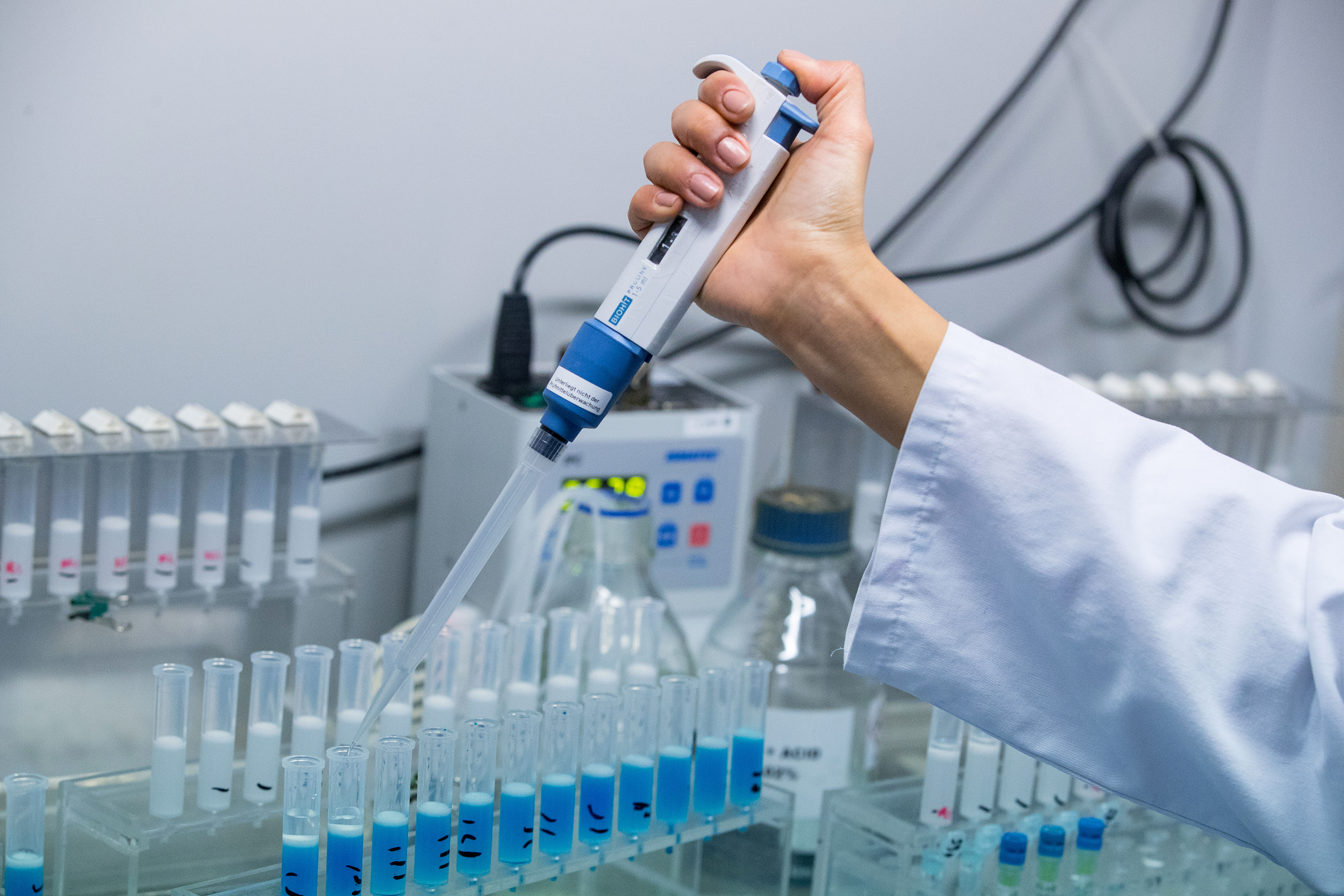Most interesting startup stories from the week
In a stunning twist, Microsoft has absorbed Inflection, a once-prominent AI startup that secured a staggering $1.3 billion in funding just nine months ago. The acquisition entails Inflection’s co-founders, Mustafa Suleyman and Karén Simonyan, along with a substantial portion of their team, joining Microsoft to lead the newly established Microsoft AI division.
This move leaves Inflection, now under the leadership of Reid Hoffman and new CEO Sean White, in a precarious position as it endeavors to salvage the remnants of its founders’ ambitious venture. Microsoft’s role in this narrative raises questions, portraying itself as both a rescuer and an opportunist, leveraging the challenges faced by its investments to solidify its dominance in the AI realm.

Meanwhile, in the realm of biotech, the microbiome emerges as the latest fascination, touted as a frontier for personalized health solutions, promising to address a spectrum of issues from digestive ailments to skin conditions. However, a recent report in Science casts doubt over the burgeoning industry, suggesting that many microbiome companies may prioritize enthusiasm over scientific rigor.
These startups, buoyed by affordable genome sequencing and venture capital, offer services to profile the unique microbial communities within our bodies to identify health issues and solutions. Yet, the report highlights concerns regarding the absence of substantial regulation and scientific consensus in this intricate domain, drawing parallels to modern-day snake oil salesmanship. Despite the critique, companies such as Parallel Health, Tiny Health, and Daye defend their methodologies, underscoring their dedication to achieving scientific credibility.










